America may be a nation of cars, but trains still move millions of people across the country every year. When there is a train accident, the results can be horrific. Hundreds, or even thousands, of people may be injured, many severely. Train accidents are handled differently than motor vehicle accidents. The National Transportation and Safety Board (NTSB) investigates train accidents and issues official reports. Even when the train operator is at fault for the accident, it is the company or government agency that owns the train and employs the train operator that pays for any injuries.
Every year there are thousands or train accidents. Thousands of people are injured, and many are even killed. Not every train accident makes the news. But, because trains are so powerful and heavy, even a minor incident can produce serious, and even deadly injuries. If you or a loved one has been hurt in a train accident because of someone else’s mistake, you have a right to be compensated. When it comes to train accidents, the claims process can be confusing and messy. You need a dedicated lawyer standing by your side, helping you fight for your rights.
Causes and Types of Train Accidents
When most people think of train accidents they think of collisions or derailments. But, these are only two of many different types of train accidents. Some of the most common types of train accidents include:
- Train car decoupling
- Railroad crossing accident
- Sudden, unexpected stop
- Derailment
- Collision with other train
- Collision with car or truck
- Collision with train car
While weather can play a role is train accidents, almost all train accidents are at least the partial result of human error. Some common causes of train accidents include:
- Improper use of equipment
- Failure to create safe environment
- Excessive speed
- Distracted train operator
- Distracted train employee
- Infrequent inspections
- Equipment failure
- Tired employees
- Poorly maintained railroad crossings
- Faulty tracks
- Too much cargo weight
Not all train accidents can be prevented. But, the vast majority can. Train accidents are usually the result of mistakes made by the train operator. The largest train accidents in recent years have been because of trains operating too fast for the conditions or segment of track and because of train operators distracted by mobile phones.
Determining the exact cause of a train accident can take months of research and analysis.
Injuries From Train Accidents
Passengers in trains don’t have safety restraints. Even a sudden change is speed can cause injuries to unsuspecting passengers. Railroad workers and those outside of the train have even less protection during a train accident. Some common types of injuries in train accidents include:
- Death
- Crush injuries
- Post traumatic stress
- Traumatic brain injuries
- Spinal cord injuries
- Burns
- Fractured bones
- Amputated limbs or digits
- Torn and ripped tendons and ligaments
- Eye injuries
- Hearing loss
Even if you are lucky enough not to need emergency care after a train accident, you still need to be checked out by your doctor within a few days of the accident. Some injuries may not be obvious to you for several days, but by getting checked out, you can start your recovery process sooner, and even lessen the extent of your injuries.
If you have to file a claim for your injuries in a train accident, having a full medical evaluation shortly after the incident that both documents the cause and the type of injuries will help your claim.
Types of Damages You Can Recover
If you were injured in a train accident there are many different types of damages you can recover. Some of these include:
- Payment for medical bills
- Pain and suffering
- Loss of enjoyment of life
- Scarring
- Permanent full or partial disability
- Lost wages
- Future medical bills
- Future lost income
- Property damage
If a loved one was killed in a train accident, you may be able to recover their future lost income, damages for loss of companionship, and your pain and suffering.
Special Considerations in Train Accidents
There are a few special considerations when trying to pursue claims in train accidents. One is deciding who the responsible party is and the other is dealing with a case where there are many individual claims against a single entity.
Who is Responsible?
Private companies or government agencies can operate trains. Many of the trains commuters use are under the supervision of a public transportation agency or transit authority.
The federal government, and most states, has special rules that must be followed to make a claim against a government agency. These include the filing of special notices in a short period of time after the incident. If proper notice is not given, a later lawsuit, even if filed on time, may be dismissed because not all the rules for filing a claim were followed.
When dealing with a government agency, everything must be done technically correct or the entire claim may be lost.
Responsibilities of Common Carriers
The claims process for train accidents is considerably different than for car accidents. Any entity operating a train is considered a common carrier. A common carrier is any entity that transports goods or people on a regular route for a regular fare. The law holds common carriers to a higher standard in negligence cases.
Common carriers are required to show their passengers the upmost care and diligence. If the carrier or its employees operates in a way that a reasonable carrier would not, then those actions may be found to breach the duty that the carrier owes its passengers.
If there is a particular regulation that is violated, many states will find that as a matter of law the common carrier was negligent. However, wining a train accident case takes more than just proving a mistake was made.
Mass Torts
When there is train crash, many people may have claims. Most likely many of them will decide to sue in court for damages. Most states have a system in place to deal with what is called mass torts. These are cases, like in a train accident, where a common defendant injures many people.
Many states will consolidate all the cases into a single case, or have a sing judge appointed to administer the cases and try to settle the cases before trial.
Making a Case in Train Accidents
Four elements must be shown in train accidents:
- The Train Company or agency owed the passenger a duty
- That duty was breached.
- The breach of duty was the proximate cause of the passenger’s injury
- The passenger suffered damages
A court will find any common carrier, including a railroad company or public transportation agency, liable of negligence and award damages if all four elements are proven. If any element is missing, the common carrier will not have to pay any damages to a passenger.
Issues With Making a Claim
Making a successful claim in a train accident is not an easy task. There can several obstacles. It is not enough to prove that you were hurt. You will need to prove that the railroad or its employees were negligent in some way. You also have to show that their negligence caused your injuries.
Because most trains are operated by government entities, you may have extra steps to go through to file a claim. The timeline may also be even shorter than usual for personal injury claims.
Because train accidents often involve many victims, it can take longer to have the claim processed and paid. Sometimes train owners will decide to force all claimants into court.
Do You Need a Train Accident Lawyer?
Even though most train accidents create personal injury claims, hiring a general personal injury lawyer with no train accident experience could be a huge mistake. Train accident lawyers know what questions to ask and know how to both make sure claims are properly filed on time and that their clients get all the money they are legally entitled to.
Train accident lawyers also are more likely to know the kind of experts that train accident cases often depend on when trying to show who was at fault for an accident.
It only takes missing one deadline for you to lose all your rights to any recovery. It can be tough knowing who to trust with your train accident injury claim. We can help connect you with a tough and experienced train accident lawyer. Call us today and we will help you find a lawyer to evaluate your case. You need to act now, because time may be running out on your claim.

